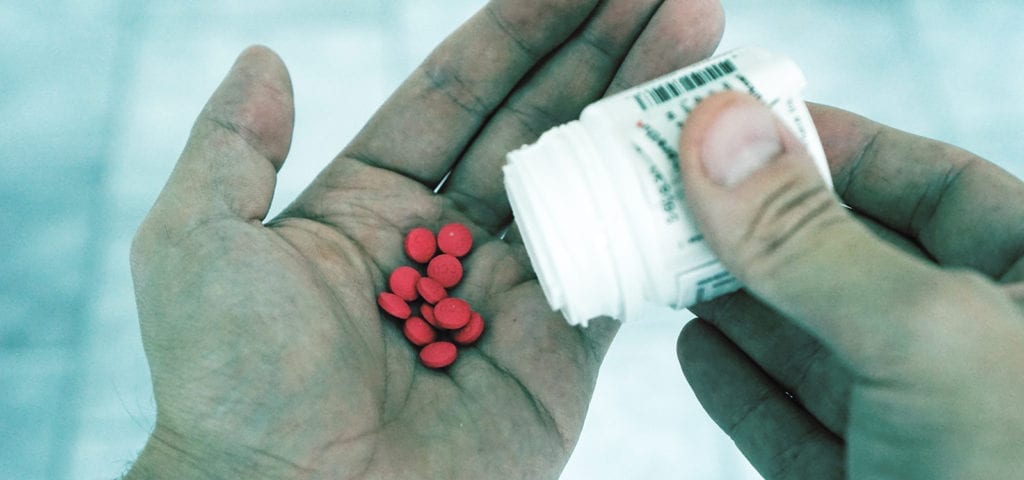According to a study by California-based Dr. Francis D’Ambrosio, 74 percent of his 4,276 patients were able to use cannabis to “replace or reduce intake of their medications.” The study purports that 51 percent of those medications reduced or replaced by cannabis were painkillers, followed by antidepressants (27 percent), and anxiolytics, which are used for anxiety (10 percent).
The study shows that 63 percent of Dr. D’Ambrosio’s patients used cannabis to treat anxiety and 60 percent for insomnia. Another 43 percent of patients used cannabis to treat depression, while 36 percent used it for pain, 35 percent for general well-being, and 25 percent for headaches. Sixty-one percent of his patients used cannabis daily, and 71 percent used less than 1 gram per day.
The research found that men and women used medical cannabis almost equally – men had slightly higher rates at 53.7 percent, while women used at a 46.3 percent rate; although women preferred products with high CBD levels and edibles. Smoking was the preferred method of ingestion (41.7 percent), followed by edibles and vaping (28 percent each).
Most of the patients in the study obtained their products from a dispensary, with home delivery being the next most common, followed by “friend.” Home-growing was not common.
This is just the latest study to show that legal cannabis access reduces opioid use rates. A study published in February in the European Journal of Internal Medicine found 18 percent of 2,736 patients over age 65 were able to stop or reduce their opioid use. A November 2017 University of New Mexico study found a 47 percent reduction in daily opioid dosage in patients who also used cannabis. An October 2017 study published in the American Journal of Public Health suggested that cannabis legalization has led to a 6.5 percent decrease in opioid-related deaths in the state.
In May of 2017 the National Institute on Drug Abuse, a division of the National Institutes of Health, updated their website to reflect recent NIDA research on the effects of medical cannabis legalization on prescription opioid use outcomes.
A report by the Center for Disease Control released earlier this month found that opioid overdose rates rose by an average of 30 percent throughout the U.S. between June 2016 and September 2017.
Get daily cannabis business news updates. Subscribe
End
